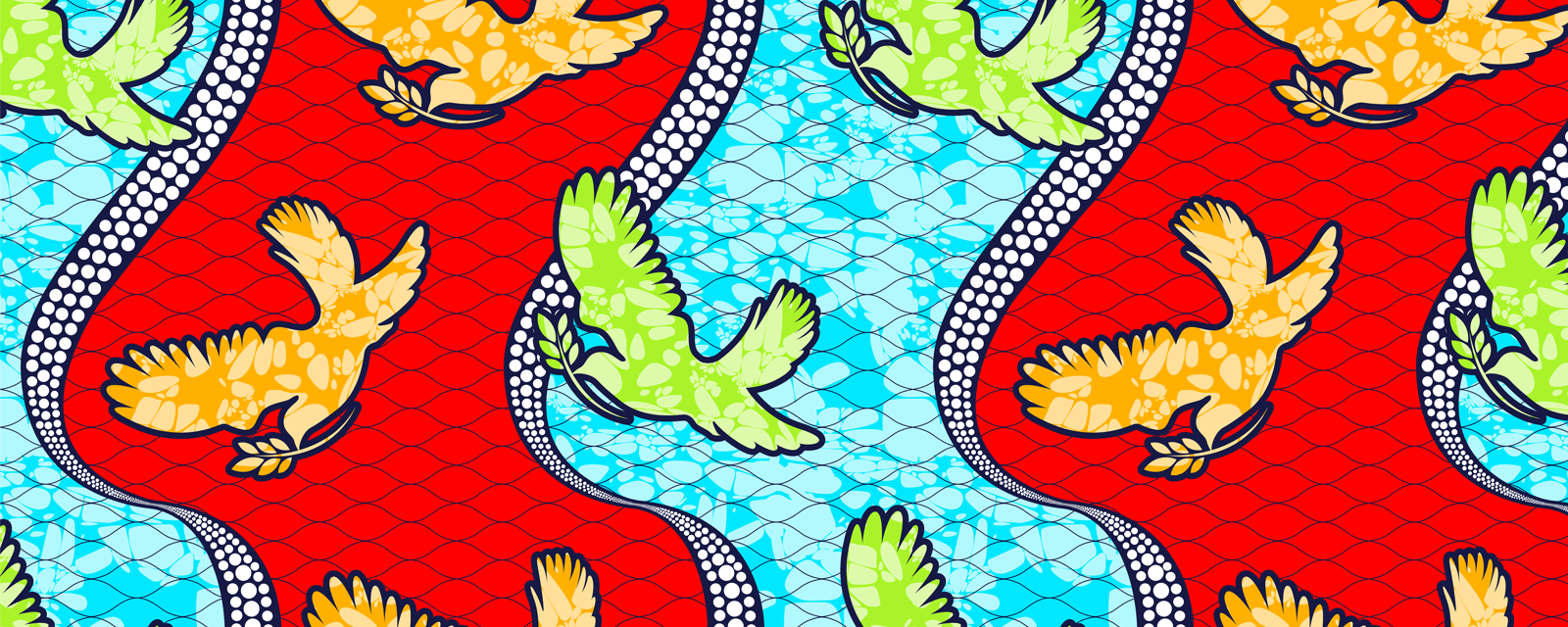In the pantheistic religion of the Yorùbá people there exists a supreme God, Olodumare, who is considered almighty and eternal. However, no prayers or shrines are kept for Olodumare because the nature of such a being is regarded as beyond human comprehension. Olodumare creates various Òrìṣà, who are manifestations of certain aspects of the supreme God and with whom humans can interact.
Obatala (King of White Cloth) is one of the eldest Òrìṣà created by Olodumare and held responsible for the creation of the earth and of human bodies. His devotees aim to reflect the purity of Obatala’s white clothing, striving for moral impeccability in their actions.
Within the Òrìṣà mythology there are many cautionary tales illustrating the consequences of that follow when an Òrìṣà acts in ways that they later regret. In the case of Obatala, a central myth describes how he becomes drunk on palm-wine resulting in the creation of humans with various disabilities and mutations. In his remorse he becomes the patron deity of albino’s, the disabled and people with genetic disorders or congenital defects; and his worshippers are forbidden to drink palm-wine.
He is patient.
He is silent.
Without anger he pronounces his judgement.
He is distant,
but his eye rests on the town.
He kills the initiate
and rouses him to new life.
He is playful like death
he carries the child away.
He rides the hunchback,
he spreads out his arms
the right and the left.
He stands by his children,
he lets them succeed.
He makes them laugh -
and they laugh.
You, father of laughter,
your eye is laughing.
Immense granary of the sky.
Old man with the strength of youth,
you rest in the sky like a swarm of bees.
The rich owe their riches to you.
The poor owe their poverty to you.
You take from the rich and give to the poor.
Take then from the rich and give to me.
Obatala:
you turn blood into children
come and create the child in my own belly.
I own but a single cloth to dye with indigo.
I own but a single head-tie to dye with camwood.
But I know:
you have twenty or thirty children waiting for me,
whom I shall bear!
from Yoruba Poetry Cambridge University Press, (1970)
compiled and edited by Ulli Beier

